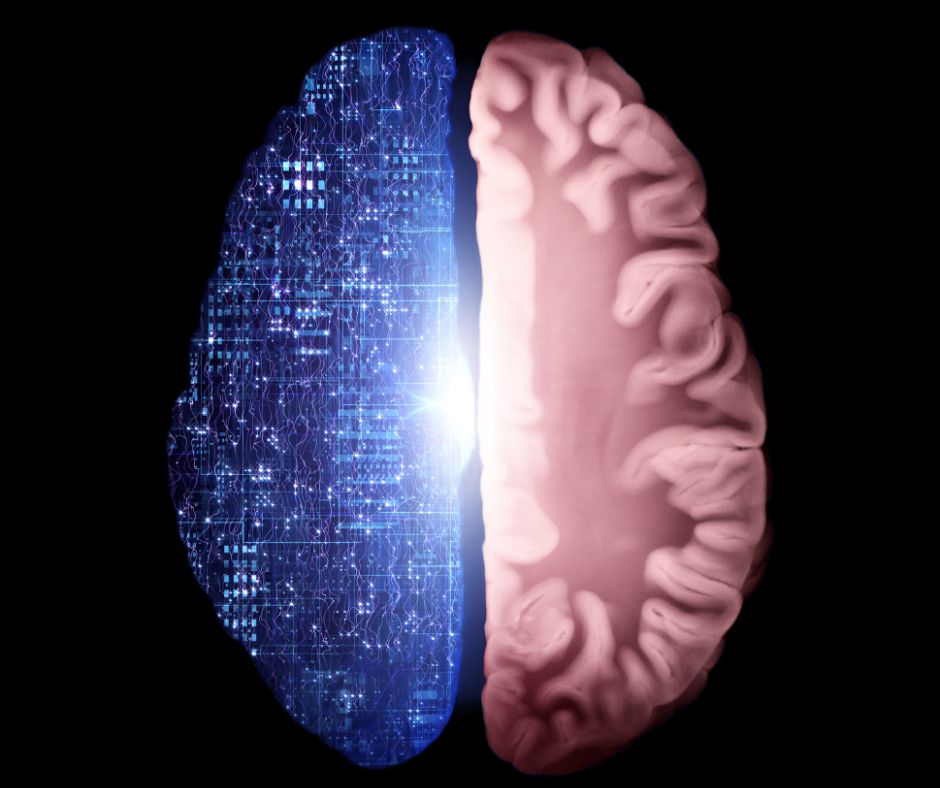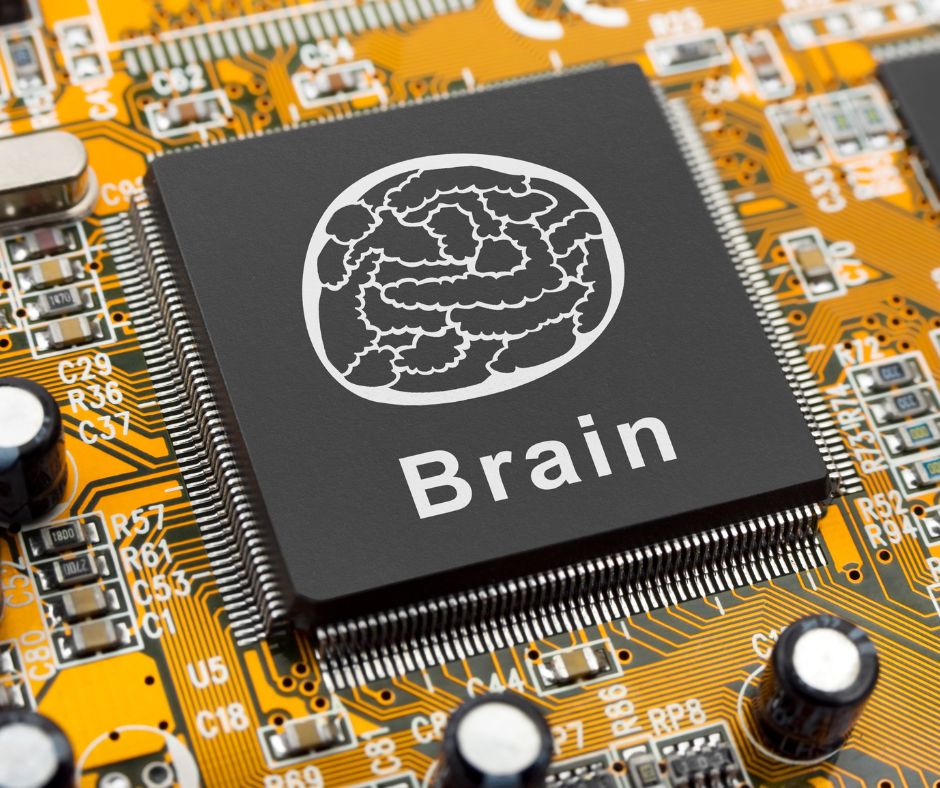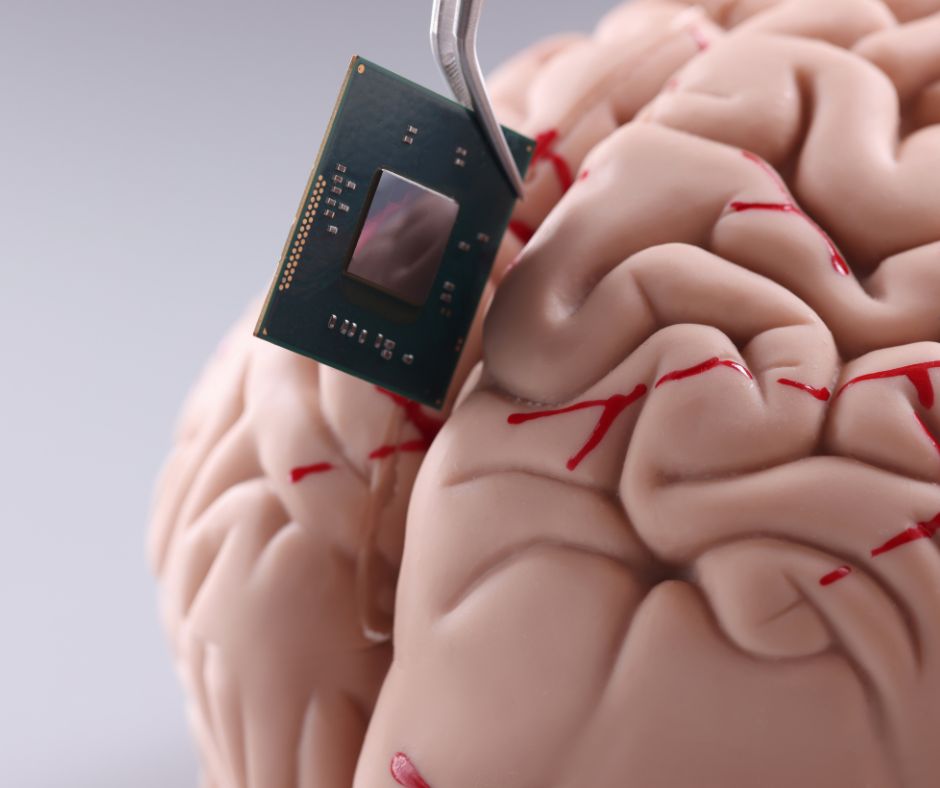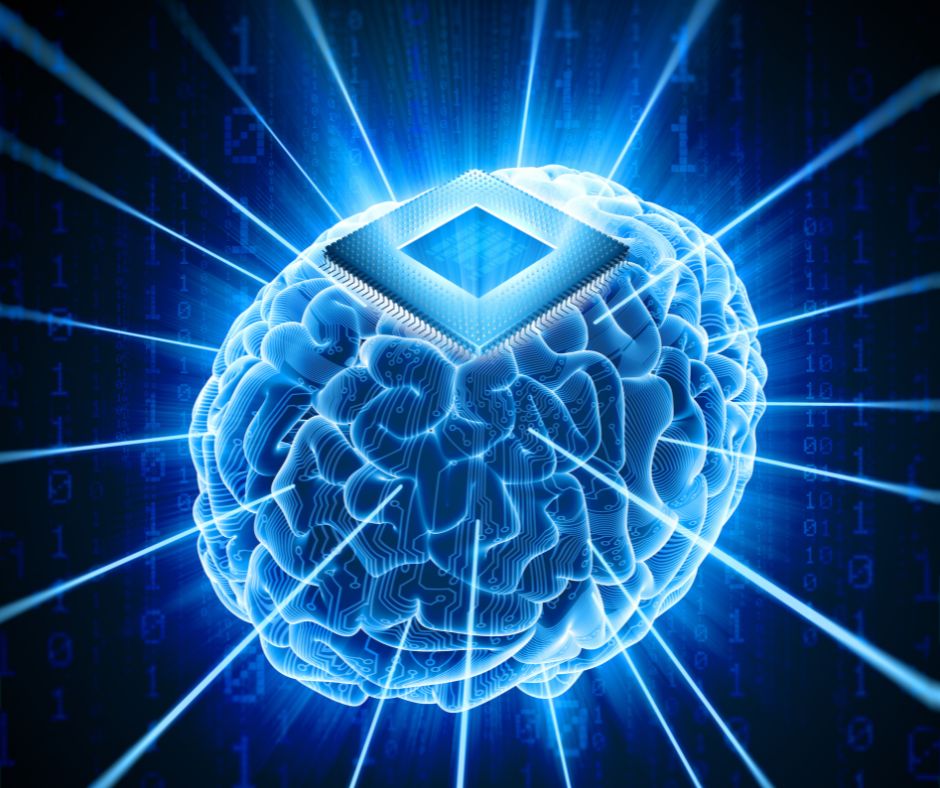Introduction:
In a groundbreaking announcement that seems ripped from the pages of science fiction, Elon Musk's Neuralink has successfully implanted its first-ever brain chip into a human patient. This pivotal moment not only marks a significant milestone in the quest to merge human consciousness with artificial intelligence but also opens a new chapter in the realm of medical science and technology. Let's delve into the details of this revolutionary development and explore what it means for the future.
Neuralink's Visionary Leap
Elon Musk, a figure synonymous with futuristic innovation, has once again pushed the boundaries of what's possible. Neuralink, Musk's neurotechnology company, has been at the forefront of developing brain-computer interfaces (BCIs) with the potential to transform the way humans interact with technology and address some of the most challenging neurological conditions.

The First Human Trial
According to reports, the first human recipient of Neuralink's brain implant is currently recovering, with initial results showing promising neuron spike detection. This is a critical step forward in validating the technology's potential to read and interpret brain activity in real-time.
The Power of Telepathy
Named "Telepathy," the first Neuralink product aims to revolutionize our interaction with digital devices. Imagine controlling your phone, computer, or any smart device merely by thinking. The implications are profound, especially for individuals who have lost the ability to move or communicate due to neurological conditions.

A Future Reimagined
Musk's vision extends far beyond mere digital control; he envisions a future where individuals like the late Stephen Hawking could communicate faster than ever before, breaking barriers imposed by physical limitations.
Regulatory Milestones and Ethical Considerations
The journey to this point has not been without its challenges. Neuralink's progress to human trials follows rigorous scrutiny and approval from the U.S. Food and Drug Administration (FDA), reflecting the careful consideration of both the technology's potential and its ethical implications.

Looking Ahead
The successful implantation of Neuralink's brain chip in a human marks a significant leap towards a future where technology and human cognition blend seamlessly. However, as we venture into this uncharted territory, the conversation around the ethical, societal, and medical implications of such advancements becomes increasingly important.
Conclusion
Elon Musk's Neuralink has opened the doors to a future filled with possibilities previously confined to the realm of science fiction. As we stand on the brink of this new era, the potential to redefine human interaction, communication, and even our understanding of neurological diseases is within our grasp. The journey of Neuralink is just beginning, but its impact could reshape the landscape of technology and medicine for generations to come


